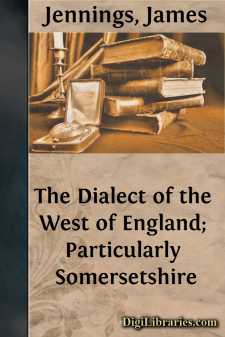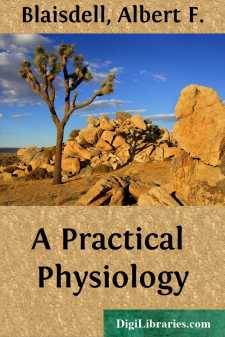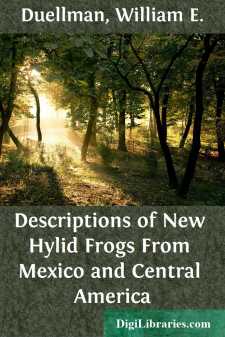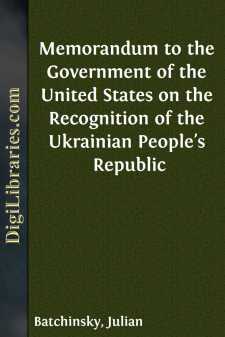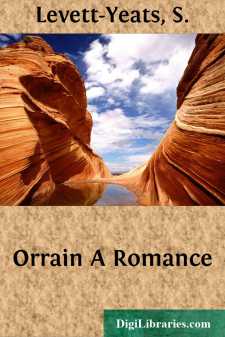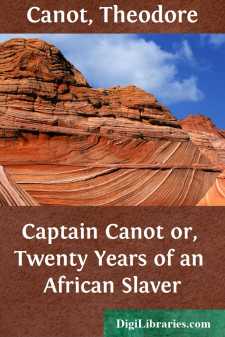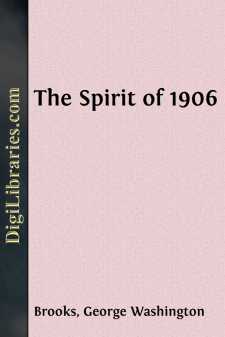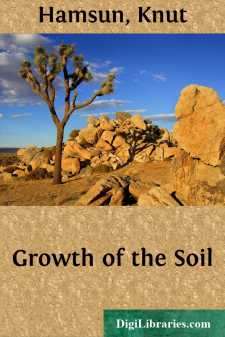Categories
- Antiques & Collectibles 13
- Architecture 36
- Art 48
- Bibles 22
- Biography & Autobiography 815
- Body, Mind & Spirit 144
- Business & Economics 28
- Children's Books 18
- Children's Fiction 14
- Computers 4
- Cooking 94
- Crafts & Hobbies 4
- Drama 346
- Education 58
- Family & Relationships 59
- Fiction 11835
- Games 19
- Gardening 17
- Health & Fitness 34
- History 1378
- House & Home 1
- Humor 147
- Juvenile Fiction 1873
- Juvenile Nonfiction 202
- Language Arts & Disciplines 89
- Law 16
- Literary Collections 686
- Literary Criticism 179
- Mathematics 13
- Medical 41
- Music 40
- Nature 180
- Non-Classifiable 1768
- Performing Arts 7
- Periodicals 1453
- Philosophy 65
- Photography 2
- Poetry 896
- Political Science 203
- Psychology 44
- Reference 154
- Religion 515
- Science 126
- Self-Help 85
- Social Science 83
- Sports & Recreation 34
- Study Aids 3
- Technology & Engineering 59
- Transportation 23
- Travel 463
- True Crime 29
Our website is made possible by displaying online advertisements to our visitors.
Please consider supporting us by disabling your ad blocker.
The Dialect of the West of England; Particularly Somersetshire
by: James Jennings
Description:
Excerpt
The following Glossary includes the whole of Somerset, East of the River Parret, as well as adjoining parts of Wiltshire and Gloucestershire. West of the Parret many of the words are pronounced very differently indeed, so as to mark strongly the people who use them. [This may be seen more fully developed in two papers, by T. Spencer Baynes, read before the Somersetshire Archaeological Society, entitled the Somersetshire Dialect, printed 1861, 18mo, to whom I here acknowledge my obligations for several hints and suggestions, of which I avail myself in this edition of my late relative's work].
The chief peculiarity West of the Parret, is the ending of the third person singular, present tense of verbs, in th or eth: as, he lov'th, zee'th, &c., for he loves, sees, &c.
In the pronouns, they have Ise for I, and er for he. In fact the peculiarities and contractions of the Western District are puzzling to a stranger. Thus, her is frequently used for she. "Har'th a doo'd it," is, "she has done it," (I shall occasionally in the Glossary note such words as distinguishingly characterise that district).
Two of the most remarkable peculiarities of the dialect of the West of England, and particularly of Somersetshire, are the sounds given to the vowels A and E. A, is almost always sounded open, as in fäther, räther, or somewhat like the usual sound of a in balloon, calico, lengthened; it is so pronounced in bäll, cäll. I shall use for this sound the circumflex over the a, thus â or ä. E, has commonly the same sound as the French gave it, which is, in fact, the slender of A, as heard in pane fane, cane, &c. The hard sound given in our polished dialect to the letters th, in the majority of words containing those letters [as in through, three, thing, think_], expressed by the Anglo-Saxon ð, is frequently changed in the Western districts into the sound given in England to the letter d:
as for three, we have dree
for thread, dread, or dird,
through, droo, throng, drong, or rather drang;
thrush, dirsh, &c. The consonant and vowel following d, changing places. The slender or soft sound given to th in our polished dialect, is in the West, most commonly converted into the thick or obtuse sound of the same letters as heard in the words this, these &c., and this too, whether the letters be at the beginning or end of words. I am much disposed to believe that our Anglo-Saxon ancestors, used indiscriminately the letters Ð and ð for D only, and sounded them as such, as we find now frequently in the West; although our lexicographers usually have given the two sounds of th to Ð and ð respectively. The vowel O is used for a, as hond, dorke, lorke, hort, in hand, dark, lark, heart, &c., and other syllables are lengthened, as voote, bade, dade, for foot, bed, dead. The letter O in no, gold, &c., is sounded like aw in awful; I have therefore spelt it with this diphthong instead of a. Such word as jay for joy, and a few others, I have not noted. Another remarkable fact is the disposition to invert the order of some consonants in some words; as the r in thrush, brush, rush, run, &c., pronouncing them dirsh, birsh, hirsh, hirn; also transposition of p and s in such words as clasp, hasp, asp, &c., sounded claps, haps, aps, &c. I have not inserted all these words in the Glossary, as these general remarks will enable the student to detect the words which are so inverted. It is by no means improbable that the order in which such sounds are now repeated in the West, is the original order in which they existed in our language, and that our more polished mode of expressing them is a new and perhaps a corrupt enunciation....


